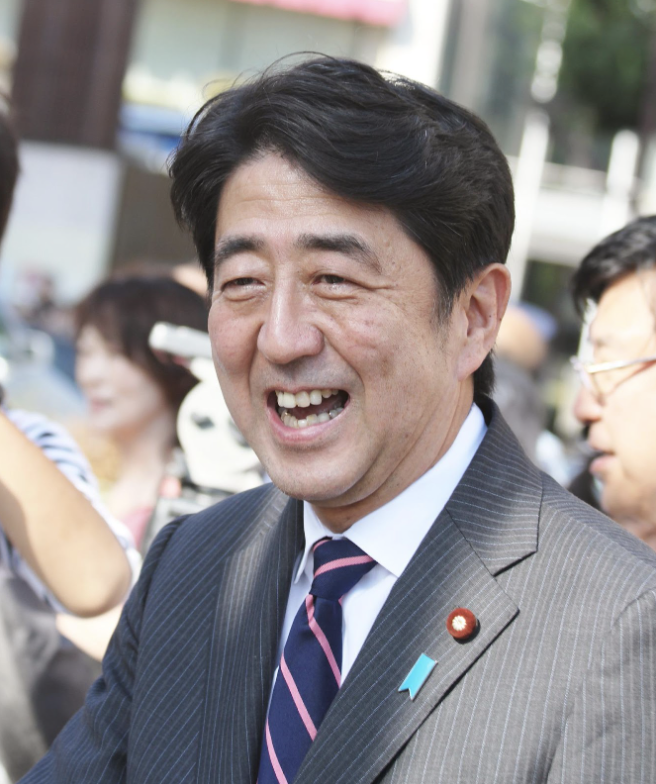
[ 객원 에디터 3기/ 정연우 기자] On July 8th, 2022, Japan’s longest serving prime minister, Shinzo Abe, was shot to death during a campaign speech in Nara.
The perpetrator, 41-year-old Tetsuya Yamagami, was arrested for shooting Abe twice on his throat and heart during his speech supporting the Liberal Democratic Party, ahead of election. The incident sent shock waves across the country, where gun control is strict and shootings are a rarity. Despite this, Yamagami was able to get within a few meters of Abe and assassinate him through his security team. According to official statements, Abe was conscious for a few minutes until he passed away at the Nara Medical University hospital at 5:03 pm local time.
Japanese media reports stated that the motive behind the assassination was not political, but was rather due to the bankruptcy of Yamagami’s mother’swhich happened after she donated her savings to an unnamed religions organization that Abe allegedly had ties with. Tomoaki Onizuka, Nara’s head prefectural police, admitted and apologized for the weak security and his failure in preventing the attack.
The legacy left behind by Abe, however, is one to note. He was the longest serving prime minister of Japan, having been elected into office from 2006 to 2007, and after stepping down due to his ulcerative colitis, regained power gain from 2012 to 2020. Abe fought for changes within Japan’s military standing after the defeat of World War II in order to Japan’s security against rising instability in the East Asian arena and counteract economic turmoils.
Notably, his ‘Abenomics,’ first introduced in 2012, included massive monetary stimuli, increased government expenditures, and structural economic reforms to increase employment, consumer consumption, and standards of living across the country. During a time when economic growth was stagnant and investors, consumers, and suppliers were unwilling to consume and invest, Abe’s policies boosted the economy and increased consumer and investor confidence.
In serving his citizens and country, Abe made sure to oversee major changes to Japan’s defense system to counteract the rising military threats posed by neighboring China and North Korea. He expanded Japan’s alliance with the United States and established the National Security Council, allowing himself and future prime ministers to have a much greater role in national security affairs.
He also further proposed reorganizations of Japan’s foreign and security policy apparatuses. This could be considered Abe’s most controversial policy, both domestically and internationally. The policies improved Japan’s security and military strength. However, his coercive speeches did result in the disapproval of Korea and China. Causing an economic downturn to Japan’s international trade.
Abe was undoubtedly an impactful politician in Japan’s history. He had many faithful supporters who viewed him as an outspoken man with a vision and a love for the country he served.
Sources: CNN, BBC, Tatler, NPR





